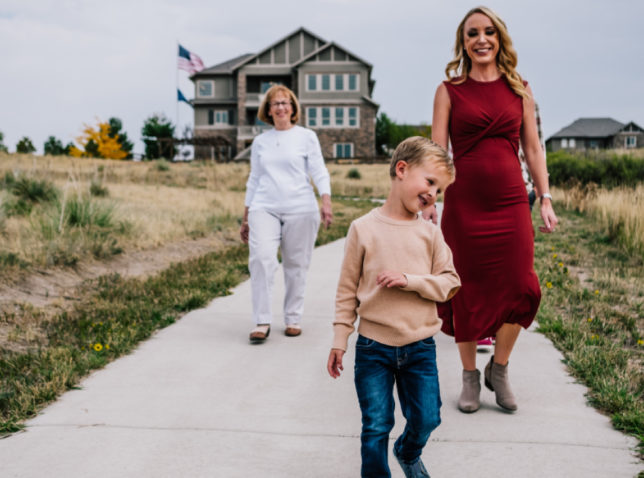What to Do with an Inheritance
Receiving an inheritance can seem like a bolt from the blue, and people may not handle it well. First, there is the grief, as you are receiving that money only because someone you cared for is no longer part of your life. Yet there is also a sense of “found money,” like finding a $20 bill in the pocket of a coat you haven’t worn in a while. There can be a knee-jerk reaction to treat the inheritance as a windfall that can be spent frivolously rather than as an opportunity to set yourself up for future financial success.
I speak about this from personal experience. I was 25 when my mom passed away, a devastating loss to my family. My dad sat down with all of us children and explained how he was going to distribute the estate, and that it was going to be equitable rather than equal.
His logic was simple: He had paid for my older siblings’ education, contributed to their weddings, and helped them in other ways financially. I was much younger, just starting out in my mid 20s, and needed a larger share of the estate to put me on par with the other benefits my siblings had received from my parents over the years.
When my father died two years after my mom, he left me half of the family home and the majority of his life insurance. I was working in the financial services industry by that point, so I understood the value of meeting with a financial professional, who gave me guidance on what to do.
Basically, I created “buckets” for the money. After I sold my interest in the family home, I used one portion of the money to put a down payment on a house. I became a homeowner at 28 years old. I used another portion of it to pay off student loans. I saved the majority of it for my future, for retirement and investment purposes, including purchasing a permanent life insurance policy.* Being the beneficiary of my father’s life insurance taught me the importance of taking care of the ones you love. I also splurged on a trip to Ireland, my family’s ancestral home.
Here are six things I learned from my experience that you should consider if you find yourself with an inheritance at an early age:
Take a step back from the emotion and think rationally. Don’t make rash decisions in an emotional state. Time is certainly on your side here. It takes about six months to a year to probate the estate. During that time, while you’re healing emotionally, start the process of understanding what you’re going to inherit. Is it cash? Is it a taxable investment, like an IRA? Is it something illiquid, like real estate?
Make sure you get the right advice from third parties. You’re obviously emotionally attached to the situation, so make sure you listen to what other trusted individuals have to say. Talk to a financial professional, an attorney or a tax accountant. You may be dealing with new circumstances, new types of assets that are unfamiliar to you. The rules can be confusing, so find someone you trust and have them help lay out the big picture for you, clarifying any misunderstandings.
Divide and conquer. Just as I broke my inheritance into buckets — using part to buy a house, part to pay off student loans, and part to save for the future — an inheritance doesn’t have to be seen as a single block of money that needs to be devoted to one sole purpose. Think long-term to determine where each sum of money should go.
Take stock of your financial goals and priorities. Work with a financial professional to put a plan in place. It will be hard to deal with an inheritance if you don’t understand how it fits into your long-term financial goals. Do you want to buy a house, start a business, or start a family? Now, or in the future? You may not know what direction your life will take, but a bit of planning can help you prepare for unforeseen circumstances.
Set up your own estate plan and your own Will. Since you are the beneficiary of a legacy, what sort of legacy do you want to leave for those who come after you? More practically, if you have children, you may want to set up a trust so that your children aren’t receiving a windfall inheritance at the age of 18.
Celebrate the life of your loved one. I’m a firm believer that you should always do something fun or memorable with a portion of your inheritance. This will help create new memories while also reminiscing about your loved one and what they meant to you. For me, it was going to Ireland and researching my family’s ancestry. That trip really cemented the connection I felt with my parents and my extended family.
In the end, an inheritance is a gift. While there are ways to use that gift based on today’s desires, it is also a gift meant for the future. It makes sense to take a step back and plan for the future.
*Life insurance policies are subject to eligibility requirements and restrictions and may not be right for everyone.
This post is for informational purposes only and should not be considered as specific financial, legal or tax advice. Depending on your individual circumstances, the strategies discussed in this presentation may not be appropriate for your client’s situation. The information in this material is not intended as tax or legal advice. Always consult your legal or tax professionals for specific information regarding your individual situation.
3115688CC_JUN22




